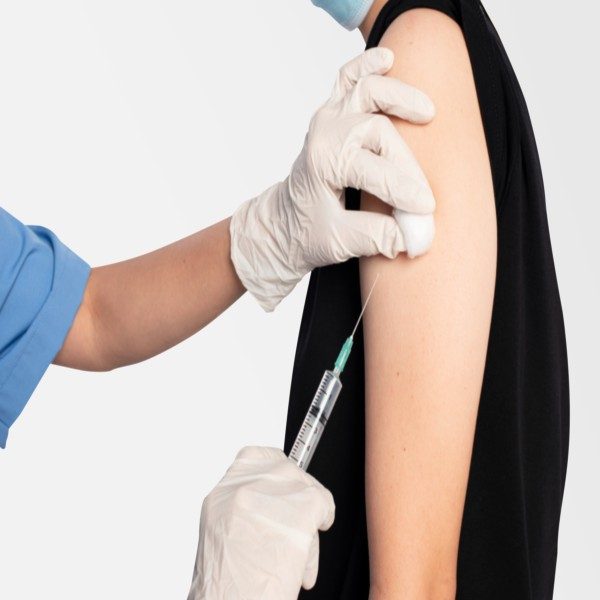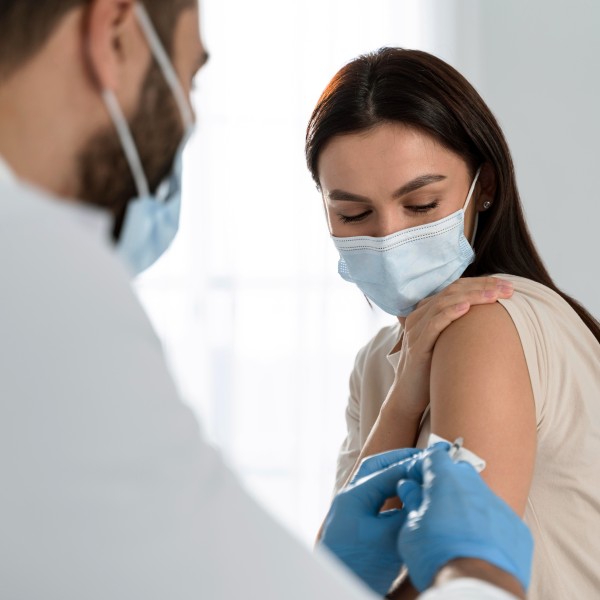Immunization
Cultivate Wellness
PROMOTING FEMALE HEALTH AT EVERY STAGE
We specialize in Immunization
Immunization, also known as vaccination, is the process of giving a vaccine to an individual to protect them from a specific infectious disease. Vaccines contain weakened or killed versions of the disease-causing organism, or pieces of it, which stimulate the body’s immune system to produce a response that prepares it to fight off the disease.


When a person receives a vaccine, the immune system recognizes the disease-causing organism as foreign and produces specific antibodies to fight it. These antibodies remain in the body and provide long-lasting immunity against the disease. Immunization is a highly effective way to prevent the spread of infectious diseases, and it has led to the eradication of some diseases such as smallpox.
Immunization is typically given through injection, but some vaccines can be given orally or nasally. The timing and schedule of immunizations depend on the type of vaccine and the individual’s age and health status. In general, immunizations are recommended for infants, children, and adults to protect against a range of infectious diseases. Vaccination is considered one of the most important public health interventions, and it has helped to reduce the incidence and severity of many diseases worldwide.
Frequently Asked Questions
What is Immunization?
Immunization is the process of making a person resistant to infectious diseases through vaccination. Vaccines stimulate the immune system to protect against specific diseases.
Why is Immunization important?
- It prevents serious diseases like polio, measles, hepatitis, and pneumonia.
- Reduces the spread of infections in the community (herd immunity).
- Protects vulnerable groups (infants, elderly, and immunocompromised people).
What are the types of vaccines?
- Live Attenuated Vaccines – Contain weakened viruses (e.g., MMR, chickenpox).
- Inactivated Vaccines – Contain killed viruses (e.g., polio, hepatitis A).
- Subunit, Recombinant, or Conjugate Vaccines – Use parts of the virus/bacteria (e.g., HPV, hepatitis B, pneumococcal).
- mRNA Vaccines – Teach cells to make proteins to trigger immunity (e.g., COVID-19 vaccines).
What are the routine childhood vaccines?
- BCG – Prevents tuberculosis (TB).
- DTP – Protects against diphtheria, tetanus, and pertussis.
- Polio (OPV/IPV) – Prevents polio.
- MMR – Protects against measles, mumps, and rubella.
- Hepatitis B – Prevents liver infections.
- Pneumococcal and Hib vaccines – Prevent pneumonia and meningitis.
Are vaccines safe?
- Yes! Vaccines are tested for safety and effectiveness.
- Some mild side effects (fever, redness at the injection site) are normal.